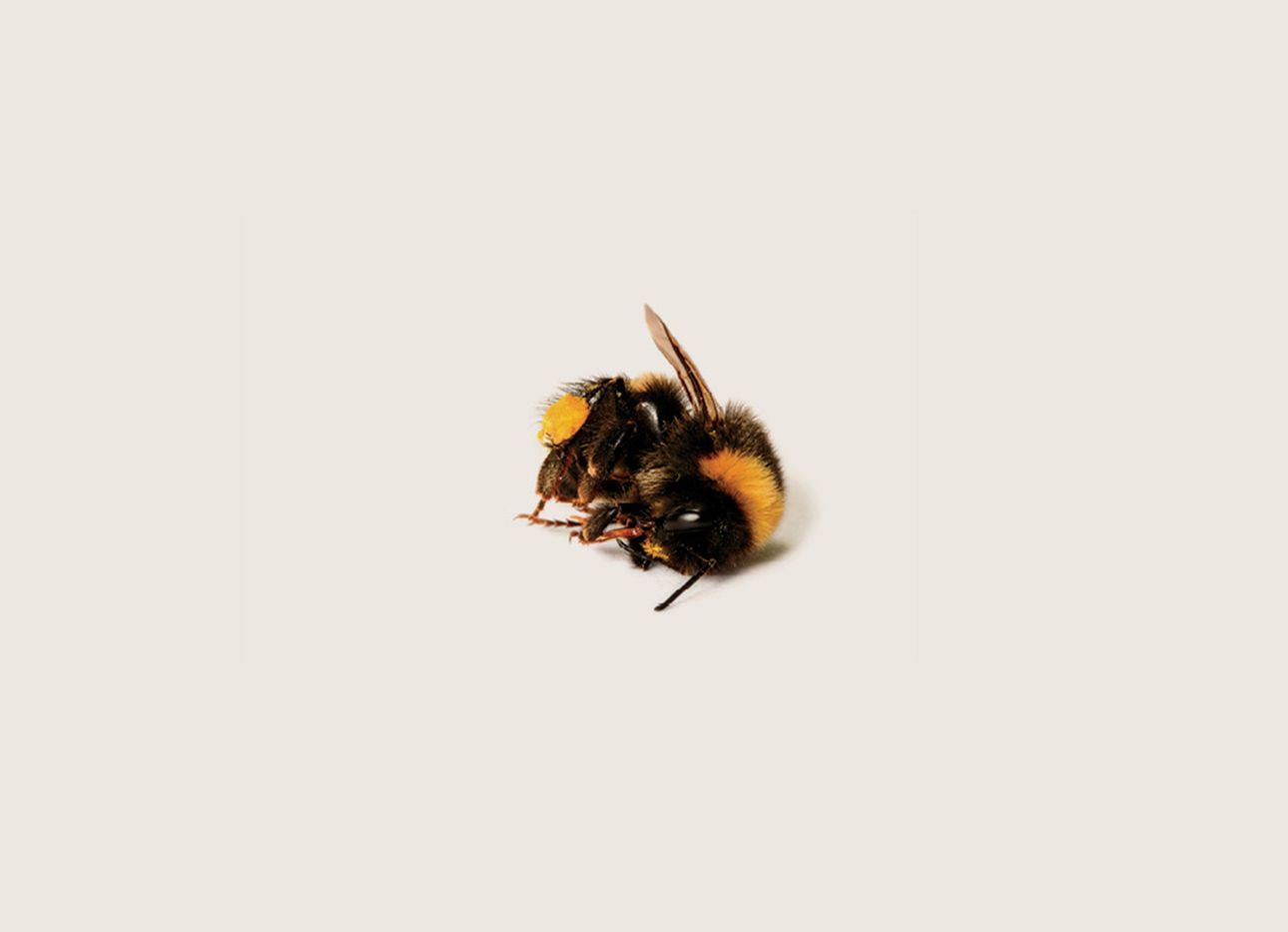
Four New Must-Reads on the Climate Crisis
We read to grow our perspectives—and in the time of Twitter, long reads allow us to crucially step back from the sea of knee-jerk missives and to better see the big picture. Among this year’s most compelling nonfiction reads are four takes on the ongoing climate emergency, a term that Oxford Dictionaries has just declared its Word of the Year (other considerations on the shortlist, all pertaining to the environment: “climate action,” “climate denial,” and “eco-anxiety”). Oxford’s move echoes The Guardian, which, earlier this year, drafted changes to its style guide and deemed the term “climate change” too benign—and inaccurate—for the scope of urgency and danger at hand. Language shapes our thought processes, and if we are collectively grasping for better vocabulary with which to discuss these existential matters, these four books provide a much-needed wake-up call.
Falter: Has the Human Game Begun to Play Itself Out?, by Bill McKibben (Henry Holt and Co., $28). An environmentalist, Middlebury College scholar, and the founder of 350.org, McKibben has been writing about climate change for decades. He was among the first activists to sound the alarm, 30 years ago, with The End of Nature, and in that span of time he has helped steer the conversation, making it evident that we humans continue to exacerbate climate change and are now, because of this, witnessing the resulting extreme consequences and humanitarian crises. As McKibben warns in Falter—even as he offers up reasons for hope—the roadblocks to actions and potential solutions depend upon politics and new technologies, which threaten our humanity as much as the science itself.
The Uninhabitable Earth: Life After Warming by David Wallace Wells (Tim Duggan Books, $27). We’re already living through the catastrophic events of climate change, and the threat is real. As the planet warms, dry regions get drier, suffering droughts and wildfires, while wet areas get wetter, facing hurricanes and flooding. This is just the beginning—as Wallace Wells points out with acerbic, to-the-point prose in The Uninhabitable Earth—and without drastic measures to curtail further warming by rebuilding entire infrastructures, the consequences will get far worse. Our planet, Wallace Wells notes, will become increasingly inhospitable, if not uninhabitable. “Climate action does not just take place within nations but between them,” he writes, foretelling the dark threat of a near future rife with refugee crises, climate wars, food shortages, and inconceivable economic loss.
Losing Earth: A Recent History, by Nathaniel Rich (MCD Books, $25). “The obstacles we blame for our current inaction had yet to emerge. Almost nothing stood in our way—nothing except ourselves,” Rich wrote last year for The New York Times Magazine in an entire issue dedicated to the topic of climate change. He was referring to the year 1979, in which a band of scientists, politicians, and experts first made the dangers of climate change unnervingly clear, marking a turning point that should have been but never was. Now expanded to book form, Rich’s clear-eyed reporting chronicles the decade that followed, detailing the birth of climate denial and the dark, rising power of the fossil-fuel industry’s campaign of misinformation.
We Are The Weather: Saving the Planet Begins at Breakfast, by Jonathan Safran Foer (Farrar, Straus, and Giroux, $25). There are many man-made sources of carbon emissions, which, as we know, are causing our planet to get warmer and out of balance—and while many of those sources are systemic and difficult to forgo without entirely new infrastructures, Foer argues that there is one simple daily act that we can do to help circumvent this: simply eat less meat. Factory farming is a known major contributor to greenhouse gas emissions, and “it will be impossible to defuse the ticking time bomb without reducing our consumption of animal products,” he writes in a deeply researched and persuasive account. “Changing how we eat will not be enough, on its own, to save the planet, but we cannot save the planet without changing how we eat.”